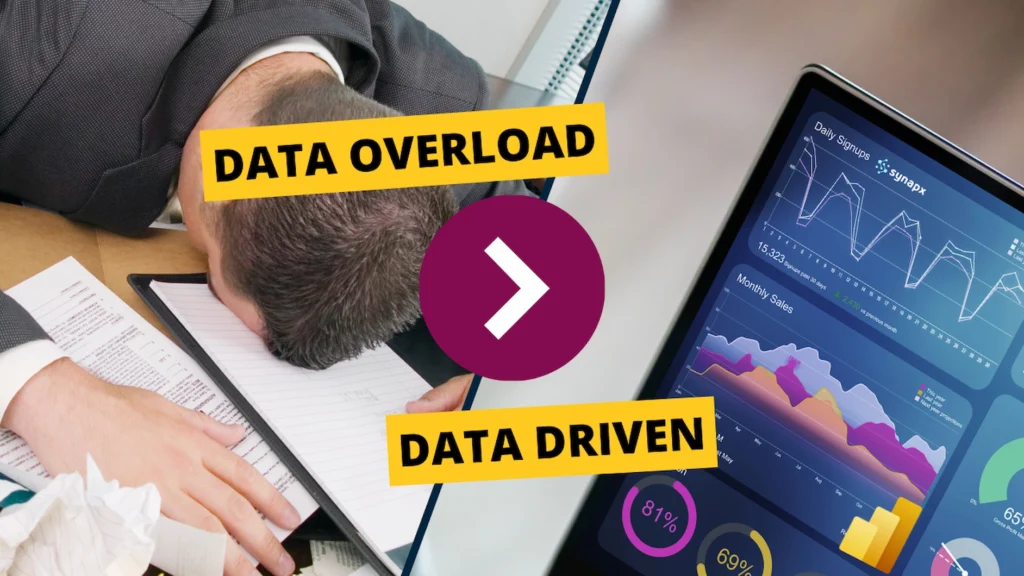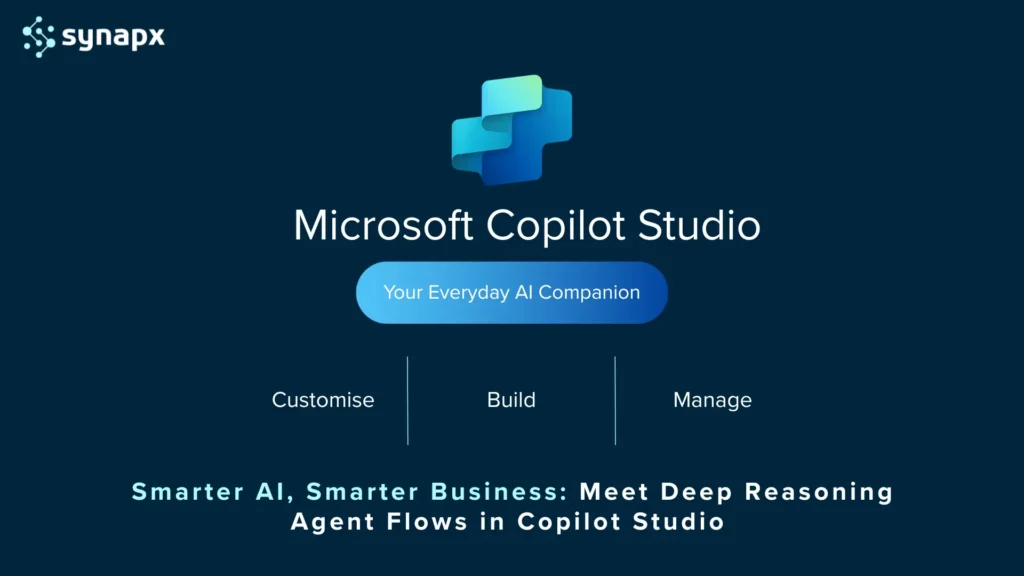Investing in a custom business app is an exciting stage for any business, but it can also be daunting. Traditionally, development required a team of skilled programmers writing code from scratch, often leading to high costs and lengthy timelines. However, with advancements in technology, businesses now have access to a wide range of options to simplify and accelerate the development process.
Power Apps, Microsoft’s low-code development platform empowers businesses to build apps faster and more affordably. But can it truly match the capabilities of traditional, code-based development?
In this blog post, we’ll break down the key differences between Power Apps and traditional development, helping you make an informed decision that aligns with your business needs.
Additionally, we’ll discuss how leveraging the expertise of a consultancy can ensure you get the most out of whichever development path you choose.
What is Traditional App Development?
Traditional development involves building custom applications from the ground up using programming languages like Java, Python, C#, or others. This method offers complete control over the application’s design and functionality.
Key Benefits:
- Customisation: With traditional development, the sky’s the limit. You can create highly tailored solutions with unique features to perfectly address your specific business needs.
- Performance: For apps handling large datasets or complex calculations, custom code can often be optimised for maximum performance.
- Complex Functionality: When your app requires intricate logic or integration with specialised systems, traditional development provides the necessary flexibility.
Ideal Use Cases: Traditional development is often the preferred choice for:
- Large-scale, enterprise-level applications
- Apps with highly specialised, non-standard requirements
- Projects where performance optimisation is critical
What is Power Apps?
Power Apps is a low-code development platform within the Microsoft ecosystem. It provides a user-friendly, drag-and-drop interface, pre-built connectors, and templates, allowing users to create custom business apps quickly.
Key Benefits:
- Integration with Microsoft Ecosystem: Power Apps seamlessly integrates with other Microsoft services like Azure, Office 365, and Dynamics 365, offering a cohesive and powerful solution for businesses already using these platforms.
- Rapid Development and Deployment: The platform’s low-code approach enables faster development and deployment cycles, reducing time-to-market for business-critical applications.
- Extensive Pre-built Components: Access to a vast library of pre-built components and templates accelerates development and ensures best practices are followed
- Scalability and Flexibility: Power Apps can scale from small, department-specific solutions to enterprise-wide applications, adapting as your business grows.
- Cost-Effectiveness: Power Apps licensing is often more affordable than hiring a team of developers or outsourcing custom coding.
- Security and Compliance: Built on the secure Microsoft Azure platform, Power Apps adheres to robust security standards and compliance regulations, crucial for larger organisations with stringent requirements.
- Ease of Use: With its intuitive interface and focus on “citizen developers,” Power Apps enables those without extensive coding backgrounds to contribute to app development.
- AI and Data Integration: Leverage built-in AI capabilities and integrate seamlessly with Microsoft Power BI to gain insights and enhance app functionality.
Ideal Use Cases: Power Apps excels in a variety of scenarios, including:
- Internal process automation (e.g., employee onboarding, expense tracking).
- Enterprise Resource Planning (ERP) Enhancements: Customise and extend your ERP systems to better meet unique business needs without extensive custom coding.
- Customer Relationship Management (CRM) Customisation: Tailor CRM solutions to your specific sales and customer service processes, improving efficiency and user adoption.
- Field Service Management: Create mobile apps for field technicians to track tasks, report issues, and access real-time data, improving service delivery and customer satisfaction.
- Human Resources Management: Develop comprehensive HR solutions for onboarding, training, performance management, and employee self-service portals.
- Project Management: Build robust project management tools that integrate with existing systems to streamline project tracking, reporting, and collaboration.
- Supply Chain Optimisation: Create custom applications to manage inventory, track shipments, and optimise logistics, enhancing overall supply chain efficiency.
- Simple-Intermediate customer-facing apps (e.g. data collection, appointment scheduling).
- Rapid prototyping or proof-of-concept apps.
Key Factors to consider when creating an app for your business
Cost: Power Apps vs traditional development
Hidden Costs: Traditional development often involves upfront planning, design, coding, testing, and deployment – leading to significant costs. Power Apps often has a lower initial price point, but consider subscription fees and potential customisation needs down the line.
Long-term Considerations: While custom development may be more expensive initially, it could offer better value over time for complex, evolving projects.
Development Time: How Fast Do You Need Your App?
- Power Apps Advantage: Power Apps’ drag-and-drop interface and pre-built components significantly speed up app creation.
- Traditional timelines: Traditional development projects can take months or even years, depending on complexity.
Customisation: How Much Control Do You Need?
- Power Apps Flexibility: Power Apps provides tools for customisation, but there might be limitations compared to coding from scratch.
- Traditional Development Wins on Control: If you need to implement very specific features or have complex integrations, traditional development offers the most precision.
Complexity: How Complex is Your Project?
- Keeping Things Simple: Power Apps excels in streamlining processes or creating straightforward apps with fewer moving parts.
- When Complexity Calls: For intricate app logic, sophisticated user interfaces, or large-scale data handling, traditional development might be necessary.
Scalability: Planning for Growth
- Power Apps and Scaling: While Power Apps can handle many use cases, be aware of potential limits if you anticipate significant growth or anticipate handling vast volumes of data.
- Traditional’s Scalability Benefits: Custom-built applications are often easier to scale to meet increasing demands over time
In-House Developer Skills: Does Your Team Have the Expertise?
- The Power Apps Edge: Power Apps is designed to be accessible to “citizen developers” – those without traditional coding backgrounds.
- Traditional Development Expertise: Custom development usually requires a dedicated team of experienced developers.
When to Choose Power Apps vs. Traditional Development
To simplify the decision, let’s consider some typical scenarios:
Choose Power Apps if:
- You need a solution quickly: Power Apps’ rapid development cycles are ideal for time-sensitive projects.
- Budget is a primary concern: Power Apps might be a more cost-effective option, especially for smaller projects.
- You’re streamlining internal processes: Power Apps works great for automating workflows and creating apps for employee use.
- You have limited in-house developer resources: Power Apps empowers non-developers to participate in app creation.
- Your app requirements are relatively straightforward: Well-defined functionality and minimal complexity are a good fit for Power Apps.
Choose traditional development if:
- You need highly custom or unique features: Traditional coding provides the ultimate customisation freedom.
- Complex logic is essential: Apps involving intricate algorithms or integrations with non-standard systems might necessitate traditional development.
- Your app will handle large datasets or high user traffic: Projects requiring performance optimisation often benefit from a custom-coded approach.
- You have experienced in-house developers (or the budget to hire them): Traditional development requires specialised skills.
Can Power Apps Replace Traditional Development?
- A Balanced View: Power Apps is incredibly versatile, but it’s not universal. While it can handle many business app needs, there are still instances where traditional development is a better fit.
- Understanding the Limitations: Power Apps might not be ideal for large-scale, highly specialised apps, or scenarios involving very complex data handling or performance optimisation.
- The Future is Hybrid: Increasingly, businesses are finding value in combining Power Apps and traditional development to leverage the strengths of both.
Choosing the right approach for building your business app is essential. Consider the factors we’ve explored – cost, timeline, customisation, complexity, scalability, and in-house expertise. For many businesses, consulting with an experienced development team can provide valuable insights and help navigate these choices effectively.
Power Apps offers speed, affordability, and ease of use, making it a fantastic option for many business needs. Traditional development provides maximum flexibility and control, making it ideal for highly specialised or performance-critical applications.
Ultimately, the best choice depends on your project’s unique requirements and your company’s resources. If you need further help determining the optimal approach or require support to build out your Power App, consider using our Power Apps Consultancy Services.
For more insights into how Power Apps can benefit your business, read our detailed post on What is Power Apps.



